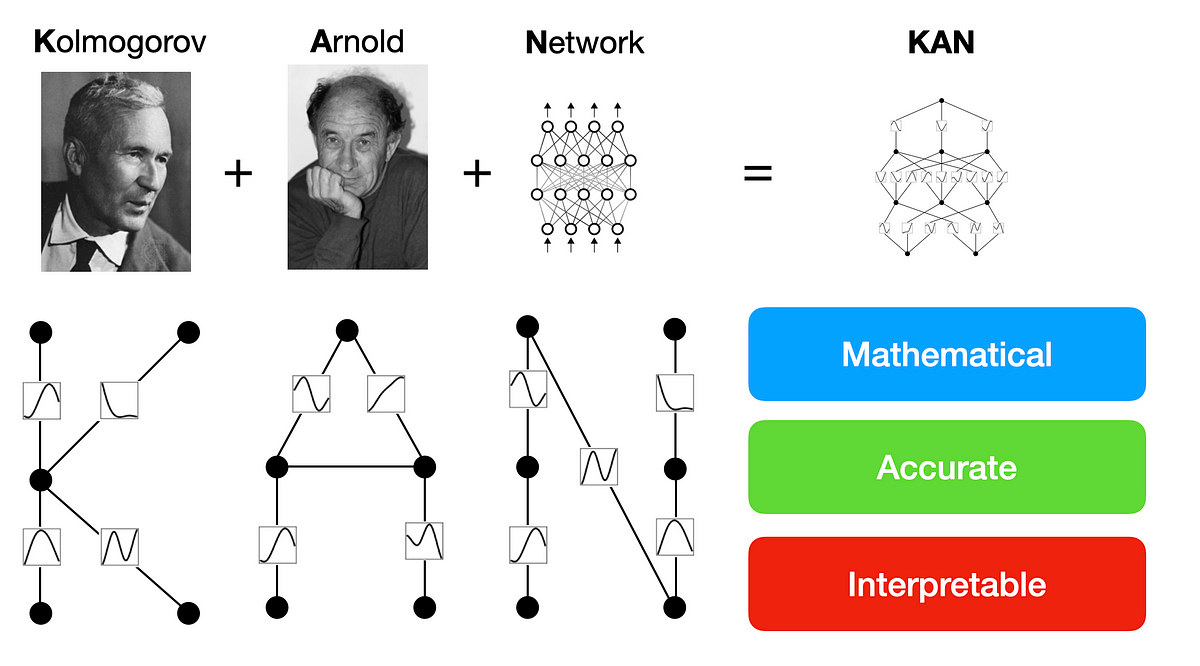Time series forecasting is increasingly vital across numerous sectors, such as meteorology, finance, and energy management. Its relevance has grown as organizations aim to predict future trends and patterns more accurately. This type of forecasting is instrumental in enhancing decision-making processes and optimizing resource allocation over long periods. However, making accurate long-term forecasts is complex due to the inherently unpredictable nature of the datasets involved and the substantial computational resources required for processing them.
Historically, recurrent neural networks (RNNs) and convolutional neural networks (CNNs) have been employed to manage these predictions. While RNNs are adept at processing data sequentially, they often fall short in speed and struggle with long-term dependencies. CNNs, alternatively, can process data in parallel, which speeds up training times but at the cost of missing out on capturing long-term dependencies effectively. Recent advancements have seen the implementation of Transformer models, which address some of these issues by using self-attention mechanisms to map relationships in data across time. However, these computationally intensive models limit their utility for long-term forecasting.
Researchers from Beijing University of Posts and Telecommunications, China, present Bi-Mamba4TS, a novel approach utilizing a bidirectional Mamba model for time series forecasting. This model integrates the state space model (SSM) framework with a bidirectional architecture, enhancing its ability to effectively process and forecast from large time series datasets. The Bi-Mamba4TS model stands out by using patching techniques to enrich the local information content of time series data, enabling it to capture evolutionary patterns with finer granularity.
Bi-Mamba4TS operates by tokenizing input data through channel-mixing or channel-independent strategies tailored to the data’s characteristics. This flexible approach allows the model to adapt its processing strategy to maximize accuracy and efficiency. The model’s performance has been rigorously tested across multiple datasets, showing a notable improvement in forecasting accuracy. For example, the model consistently outperformed traditional and newer forecasting methods in various datasets such as weather, traffic, and electricity by significantly reducing mean squared errors (MSE) and mean absolute errors (MAE).
The results from extensive testing show that Bi-Mamba4TS achieves superior forecasting performance. On seven widely used real-world datasets, the model enhanced the predictive accuracy with lower MSE and MAE scores and demonstrated its ability to handle different data complexities effectively. For instance, in tests involving weather and traffic data, the model’s bidirectional approach allowed it to excel in capturing the intricate dependencies within multivariate time series, reducing MSE by up to 4.92% and MAE by 2.16% on average compared to the best existing Transformer models.

In conclusion, the research on Bi-Mamba4TS addresses the significant challenges in long-term time series forecasting by introducing an innovative bidirectional Mamba model. This method enhances computational efficiency and predictive accuracy through sophisticated patch-wise tokenization techniques, adapting to various data characteristics.
This breakthrough sets a new standard in forecasting technology, offering a powerful tool for researchers and industries reliant on precise long-term predictions.
Check out the Paper. All credit for this research goes to the researchers of this project. Also, don’t forget to follow us on Twitter. Join our Telegram Channel, Discord Channel, and LinkedIn Group.
If you like our work, you will love our newsletter..
Don’t Forget to join our 40k+ ML SubReddit
Asif Razzaq is the CEO of Marktechpost Media Inc.. As a visionary entrepreneur and engineer, Asif is committed to harnessing the potential of Artificial Intelligence for social good. His most recent endeavor is the launch of an Artificial Intelligence Media Platform, Marktechpost, which stands out for its in-depth coverage of machine learning and deep learning news that is both technically sound and easily understandable by a wide audience. The platform boasts of over 2 million monthly views, illustrating its popularity among audiences.


